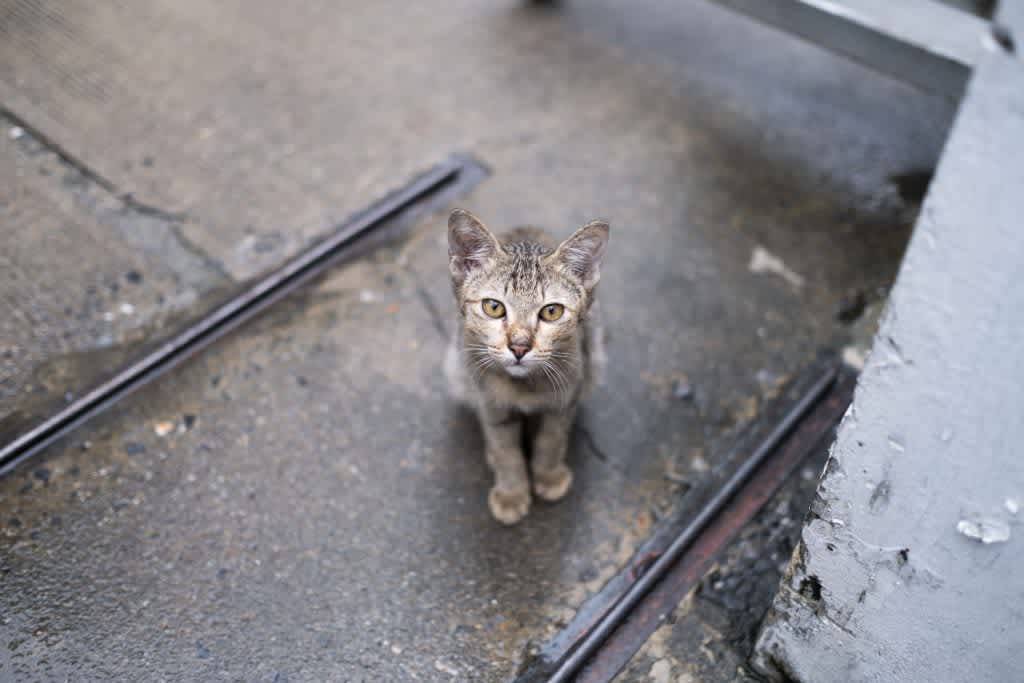The recent floods in Valencia have not only caused material damage but also pose a latent threat to pets: the so-called “deadly mud.” This sludge, resulting from the floods, becomes a breeding ground for dangerous bacteria, such as leptospira, which can cause severe infections in companion animals.
What is Leptospirosis?
Leptospirosis is a bacterial disease that affects various animals and can be transmitted to humans. Dogs are especially susceptible, and infection occurs mainly through contact with water or mud contaminated with the urine of infected animals. Symptoms in pets include fever, vomiting, diarrhea, lethargy, and, in severe cases, kidney or liver failure.

Preventive Measures for Pet Owners
To protect our pets from this risk, it is essential to follow these recommendations:
- Avoid Flooded Areas: Keep animals away from areas affected by floods, especially where there is an accumulation of mud or stagnant water.
- Proper Hygiene: If the pet has been in contact with mud, bathe them with clean water and soap as soon as possible.
- Up-to-Date Vaccinations: Ensure that the pet’s vaccinations are current, including the vaccine against leptospirosis.
- Immediate Veterinary Attention: At the first sign of suspicious symptoms, promptly consult a veterinarian for evaluation and timely treatment.
Local Support Initiatives
In response to this situation, veterinarians and volunteers in Valencia have established first aid centers to provide free care to affected pets. These centers offer initial assessments and, in severe cases, refer animals to specialized clinics. Additionally, antibiotics and antiparasitics are being administered to prevent dangerous infections. HuffPost
Importance of Awareness and Prevention
The crisis in Valencia has highlighted the need for greater awareness of the risks pets face after natural disasters. It is essential for owners to take preventive measures and be vigilant for any signs of illness in their animals. Collaboration between the community and veterinary professionals is key to ensuring the well-being of our pets in emergency situations.